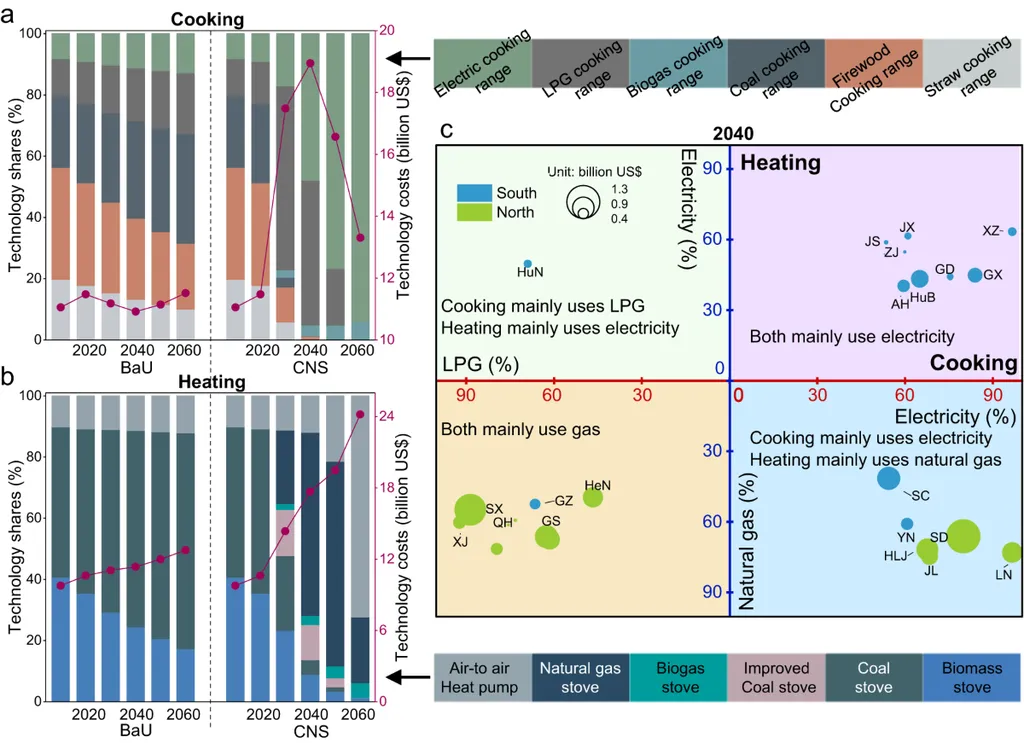In the heart of China’s rural landscapes, a quiet revolution is brewing, one that promises to reshape the energy sector and alleviate the financial burden on households struggling with high-quality energy access. A recent study published in the journal *Future Sustainable* introduces a novel peer-to-peer (P2P) energy transaction model that leverages idle agricultural machinery batteries (IAMB), offering a glimmer of hope for rural communities.
At the helm of this innovative research is Gang Wang, a scholar from the School of Management at Xi’an University of Architecture and Technology. Wang and his team have developed a distributed energy storage (DES) P2P sharing transaction model tailored to rural production and living patterns. The model incorporates a reputation-based pricing mechanism, ensuring reliability and fairness in energy transactions.
The study’s findings are nothing short of remarkable. By employing a reputation-high-low matching mechanism based on auction theory, the researchers achieved a staggering 91% reduction in annual energy consumption costs. “This model not only reduces costs but also enhances market efficiency and social welfare,” Wang explains. Compared to traditional auction models, the introduction of the reputation model improved market efficiency by over 5% and increased total social welfare by more than 20%.
The cost reductions varied significantly across different household types. Unemployed households (UH) saw the most substantial reduction at 308%, followed by diversified occupation households (DOH) at 168%. Livestock rearing households (LRH) and agricultural households (AH) also benefited, with reductions of 99% and 37%, respectively. From a cost perspective, the promotion of rural DES P2P sharing transactions should prioritize UH, followed by DOH, and finally, LRH and AH.
The implications of this research for the energy sector are profound. By tapping into the potential of idle agricultural machinery batteries, rural communities can achieve energy independence and reduce their reliance on traditional energy sources. This model not only offers a sustainable solution but also presents a commercial opportunity for energy companies to explore new markets and revenue streams.
As the world grapples with the challenges of climate change and energy poverty, innovative solutions like Wang’s reputation-based P2P energy transaction model offer a beacon of hope. By fostering collaboration and leveraging idle resources, we can create a more sustainable and equitable energy future for all.
The study, published in *Future Sustainable*, underscores the importance of integrating technology and community-driven initiatives to address energy challenges. As the energy sector continues to evolve, research like this will play a pivotal role in shaping the future of energy distribution and consumption.

